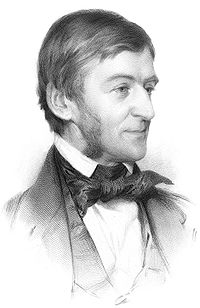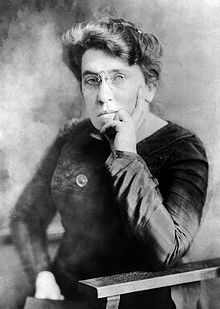






Translate this page from English...
*Machine translated pages not guaranteed for accuracy.
Click Here for our professional translations.
“If we encountered a man of rare intelligence we should ask him what books he read.”

Insightful Authors Through the Ages -
When you read backwards, you will come to understand some of the stereotypes and misconceptions of the present. You will develop a better sense of what is universal and what is relative, what is essential and what is arbitrary.
Note: We recognize that this list of authors represents a decidedly Western worldview. We therefore recommend, once you have grounded yourself in deeply insightful authors from the Western world, that you then read works by the great Eastern authors.
Here are some authors we recommend:
Russell, Bertrand Arthur William 3rd, 1872-1970

The Center for Critical Thinking Community Online is the world’s leading online community dedicated to teaching and advancing critical thinking. Featuring the world's largest library of critical thinking articles, videos, and books, as well as learning activities, study groups, and a social media component, this interactive learning platform is essential to anyone dedicated to developing as an effective reasoner in the classroom, in the professions, in business and government, and throughout personal life.
Join the community and learn explicit tools of critical thinking.
Please do not pass this message by.
CRITICAL THINKING IS AT RISK.
Here are some of the big reasons why:
As you see, increasingly powerful trends against the teaching, learning, and practice of critical thinking entail extraordinary challenges to our mission. To continue our work, we must now rely upon your financial support. If critical thinking matters to you, please click here to contribute what you can today.
WE NEED YOUR HELP TO CONTINUE OUR WORK.
Thank you for your support of ethical critical thinking.